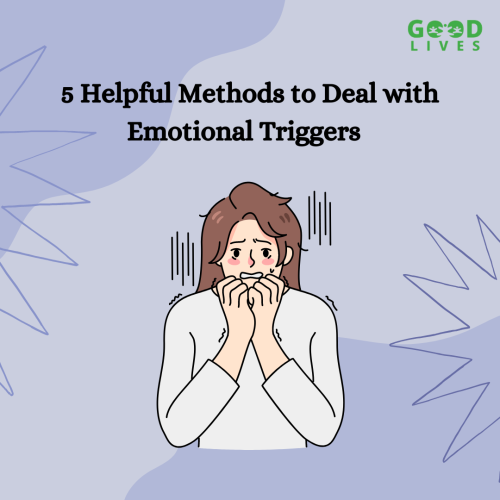
Emotions are an essential part of being human. They color our experiences, guide our decisions, and connect us with others on a deep level. However, not all emotional reactions are straightforward or easily explained. Sometimes, we find ourselves reacting strongly to certain situations, seemingly out of proportion to the circumstances. These intense reactions often stem from what are known as emotional triggers. In this article, we’ll explore the concept of emotional triggers, how they work, and strategies to manage them effectively.
What Are Emotional Triggers?
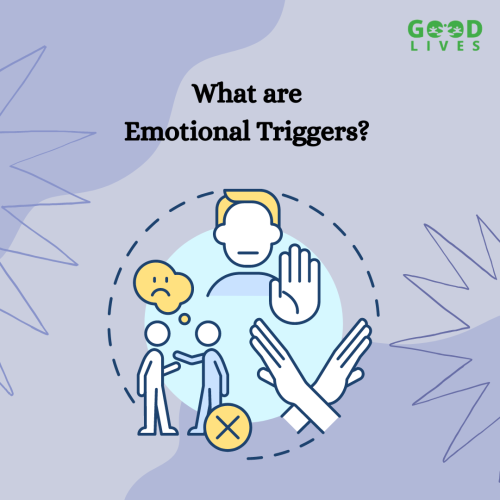
Emotional triggers are specific stimuli, situations, or words that prompt intense emotional reactions in individuals. These reactions can vary widely, encompassing emotions like anger, sadness, fear, anxiety, or even joy. What distinguishes emotional triggers is that they often appear disproportionate to the immediate situation.
For example, a seemingly innocuous comment from a friend might trigger a strong feeling of anger in someone due to past experiences or unresolved emotions. Emotional triggers can manifest in a variety of ways, including physical sensations like a racing heart or tightness in the chest, as well as behavioral responses like withdrawing from a conversation or lashing out in anger.
How Do Emotional Triggers Work?
Emotional triggers operate at a subconscious level. They are typically rooted in past experiences, memories, or traumas. Our brains are wired to recognize patterns and associations, and these triggers are a product of that wiring. When we encounter a situation that, consciously or unconsciously, reminds us of a past emotional experience, our brain quickly fires up the associated emotions, often without us even realizing it.
For example, if someone had a traumatic experience involving water as a child, they might experience intense fear and anxiety when near water as an adult. The mere sight or thought of water can trigger those deeply ingrained emotional responses, even without immediate danger.
5 Helpful Methods to Deal with Emotional Triggers
1. Self- Compassion
An essential component of mental and emotional health is self-compassion. It entails being kind and understanding to oneself in the same way that one would provide support to a friend during difficult times. It’s about accepting that everyone has difficulties and that it’s acceptable to get agitated or aroused by particular circumstances.
2. Recognizing Yourself
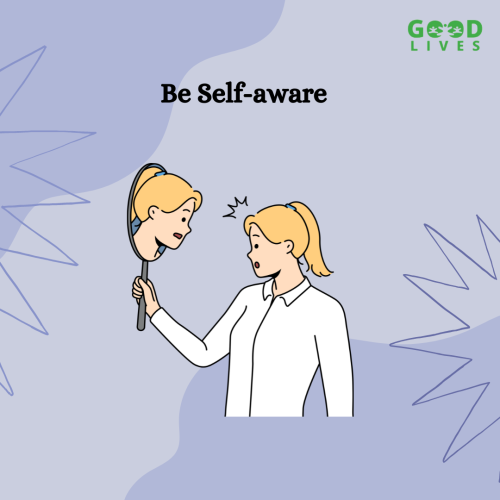
Dealing with emotional triggers starts with being self-aware and comprehending the underlying cause. Knowing what your triggers are can help you pinpoint their causes and devise a strategy for dealing with them in a way that is beneficial to you. You can take action to restrict your relationships with them or set boundaries to protect yourself, for instance, if a certain person or circumstance sets off your triggers.
3. Examine Unpleasant Memories From The Past
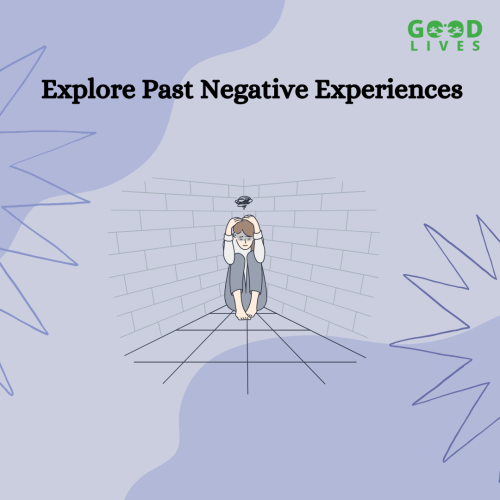
Investigating previously significant events that might have contributed to the formation of the triggers is crucial once prospective triggers have been identified. This is significant because it gives us insight into how the experience impacted the person and how it might be affecting their behavior now. Additionally, it improves our comprehension of the person’s present emotional state and enables us to assist them in overcoming their triggers.
4. Engage in mindfulness exercises
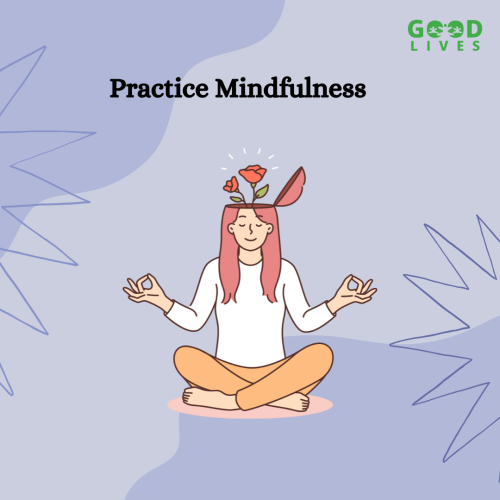
You can better control your emotions when dealing with triggers by practicing mindfulness. This technique promotes calmness and clarity by enabling you to examine your thoughts and feelings without passing judgment. You can lessen the strength and frequency of your emotional reaction to anything by paying attention to your breathing and staying in the present moment.
5. Examine your Ideas and Thoughts

Anxiety, depression, and other mental health problems can worsen as a result of negative ideas and attitudes. Being conscious of any negative ideas or beliefs can help you to confront them and replace them with more positive, values-driven thoughts and beliefs. You will feel more in control and be able to control your emotions better as a result.
6. Seek assistance and guidance from experts
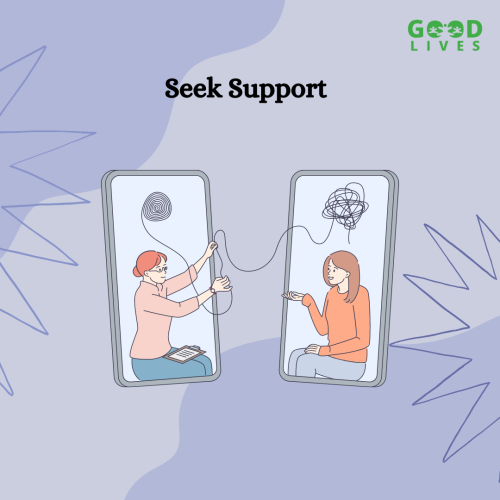
It might be difficult to overcome emotional triggers, so getting help is crucial. Speak with a therapist, family member, or trusted friend who can offer support and a secure environment for investigation. Certain forms of therapy, such EMDR and exposure therapy, have been demonstrated to be successful in treating triggers. You can find a safe environment to process your triggers and explore your emotions with the assistance of a professional.
7. Practice, Practice and Practice
It takes commitment, tolerance, and perseverance to develop the skill of managing emotional triggers. Like any other skill, your proficiency increases with practice. So, be patient with your yourself.
Managing emotional triggers is a difficult but essential component of emotional health and personal development. We can better understand why particular people or events make us feel a specific way by taking some time to think about our emotional triggers. You will be able to handle these triggers with effectiveness if you practice the suggested techniques. Keep in mind that you will eventually be able to control your emotions and lead a more robust and balanced life. This is a long yet achievable road.
If you feel your triggers are overpowering you and you need help, try talking to an expert now.
0 Comments